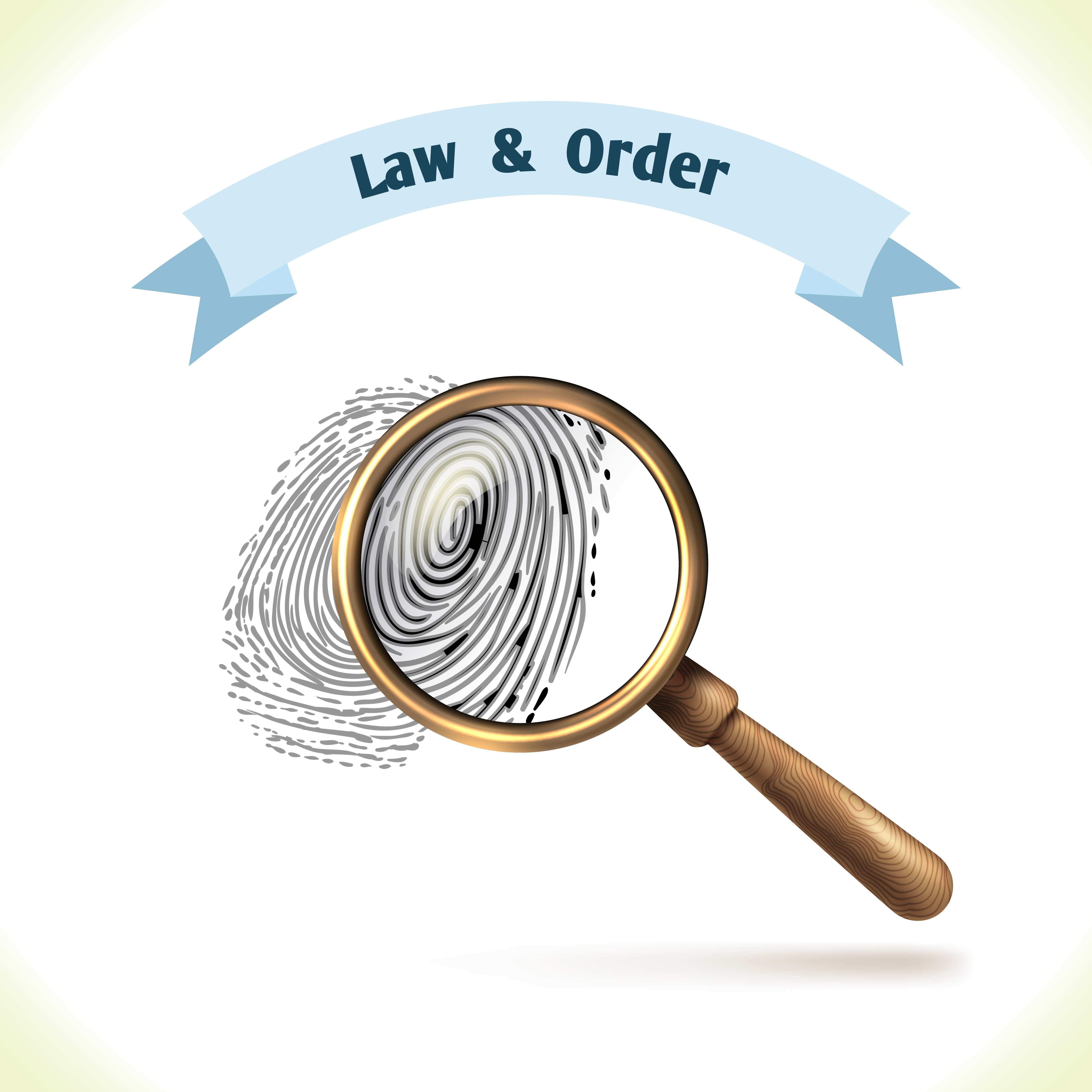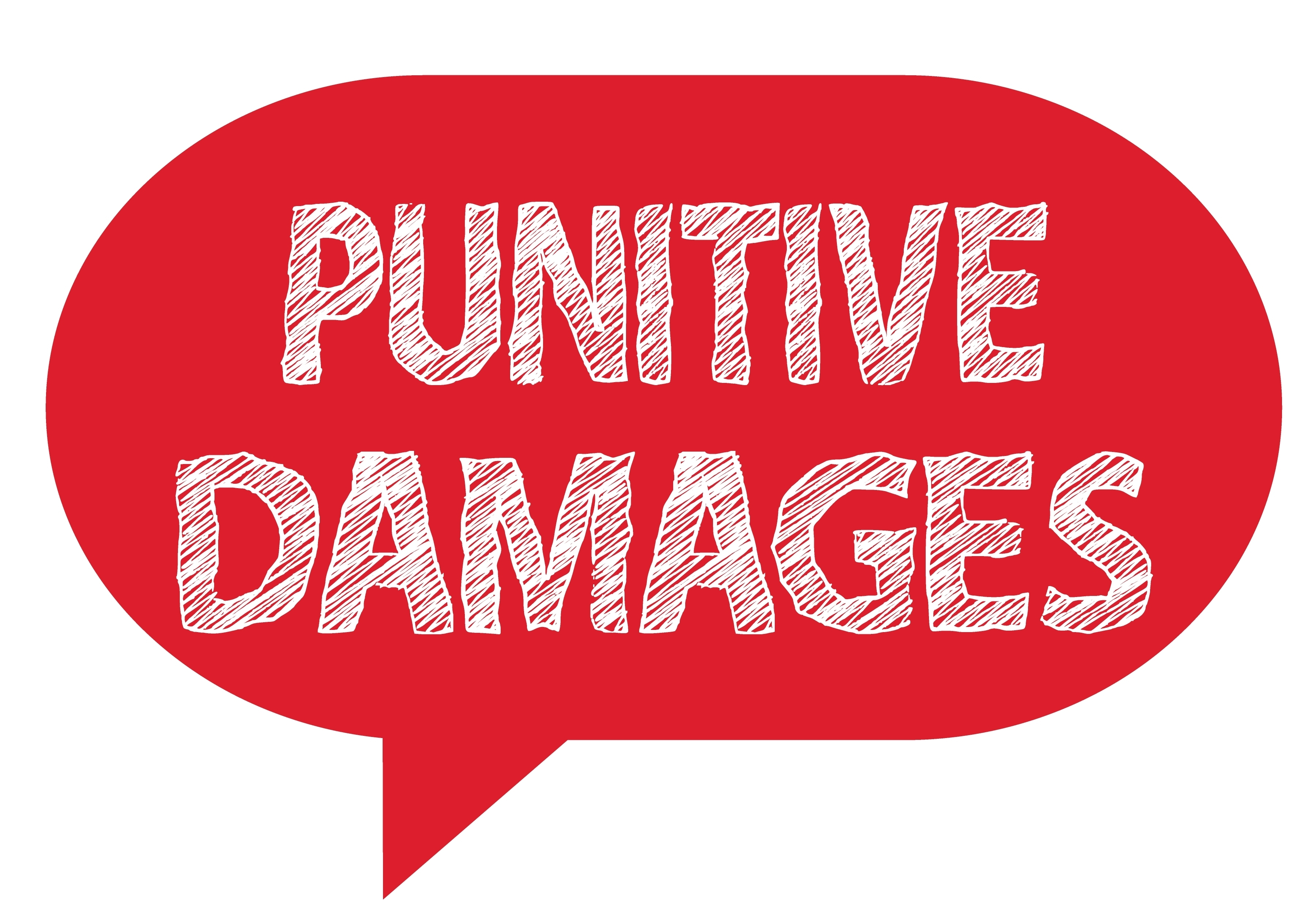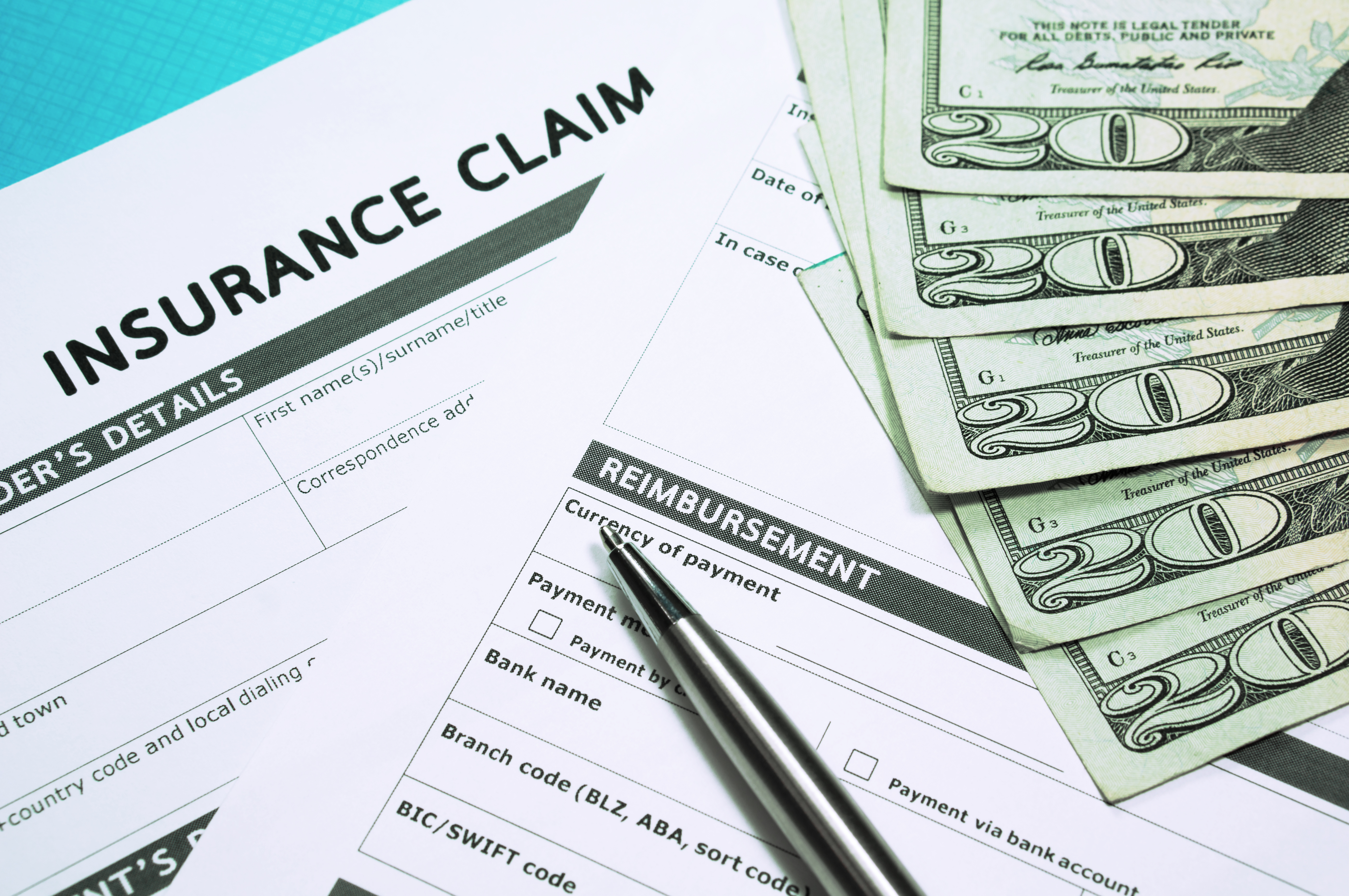Arbitration is an Appealable Non-Final Order
Arbitration is a creature of contract. If a contract requires arbitration that means the parties are required to arbitrate their disputes as opposed to litigate their disputes. Instead of their being a judge or jury, there will be an arbitrator. There are three considerations when determining whether a dispute is subject to arbitration: 1) Is there a valid written agreement to arbitrate (such as an arbitration provision in a contract)? 2) Is there an arbitrable issue? And 3) Has the right to arbitrate the issue or dispute been waived? Chaikin v. Parker Waichman LLP, 42 Fla. L. Weekly D2165b (Fla. 2d DCA 2017) quoting Jackson v....
Continue reading









